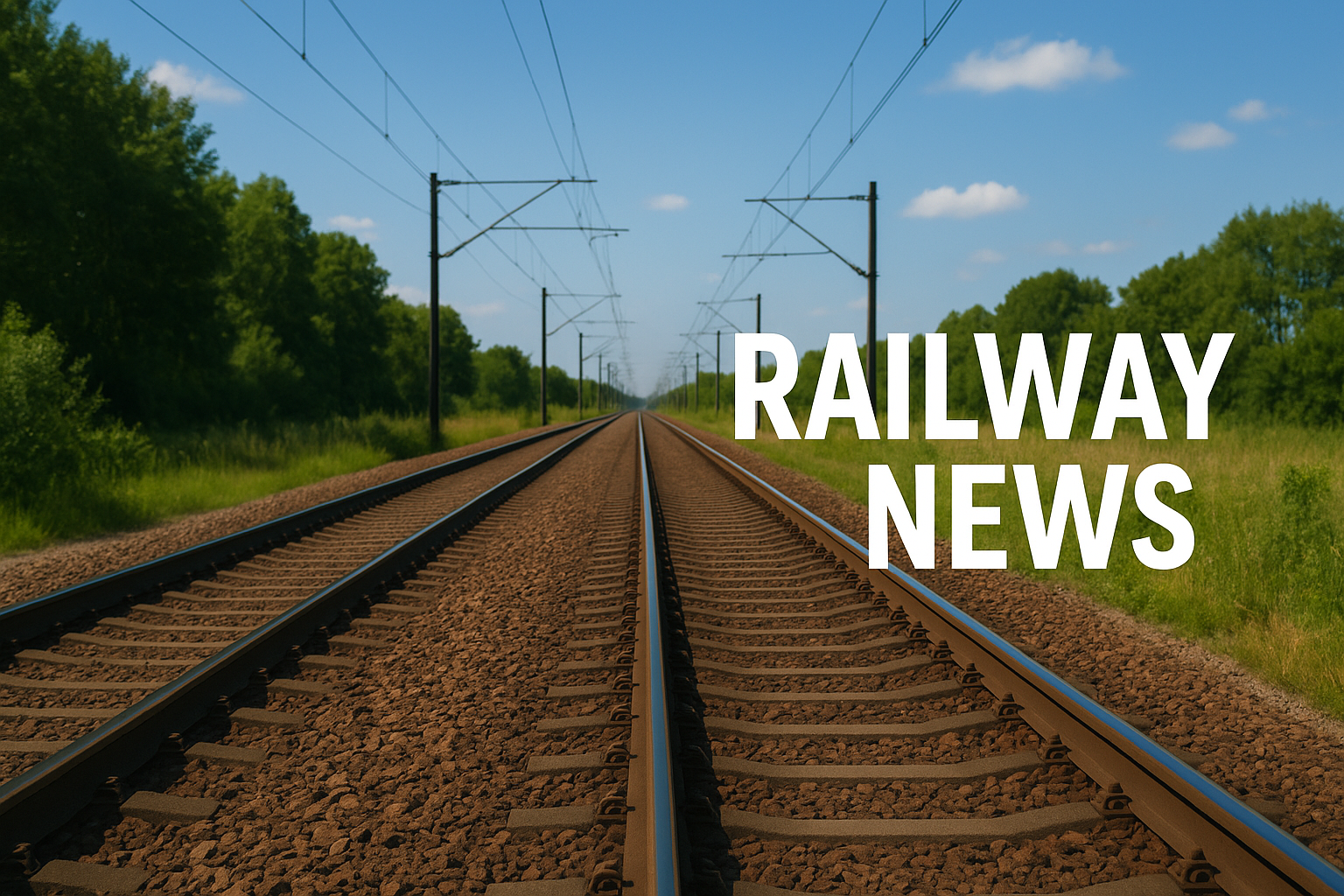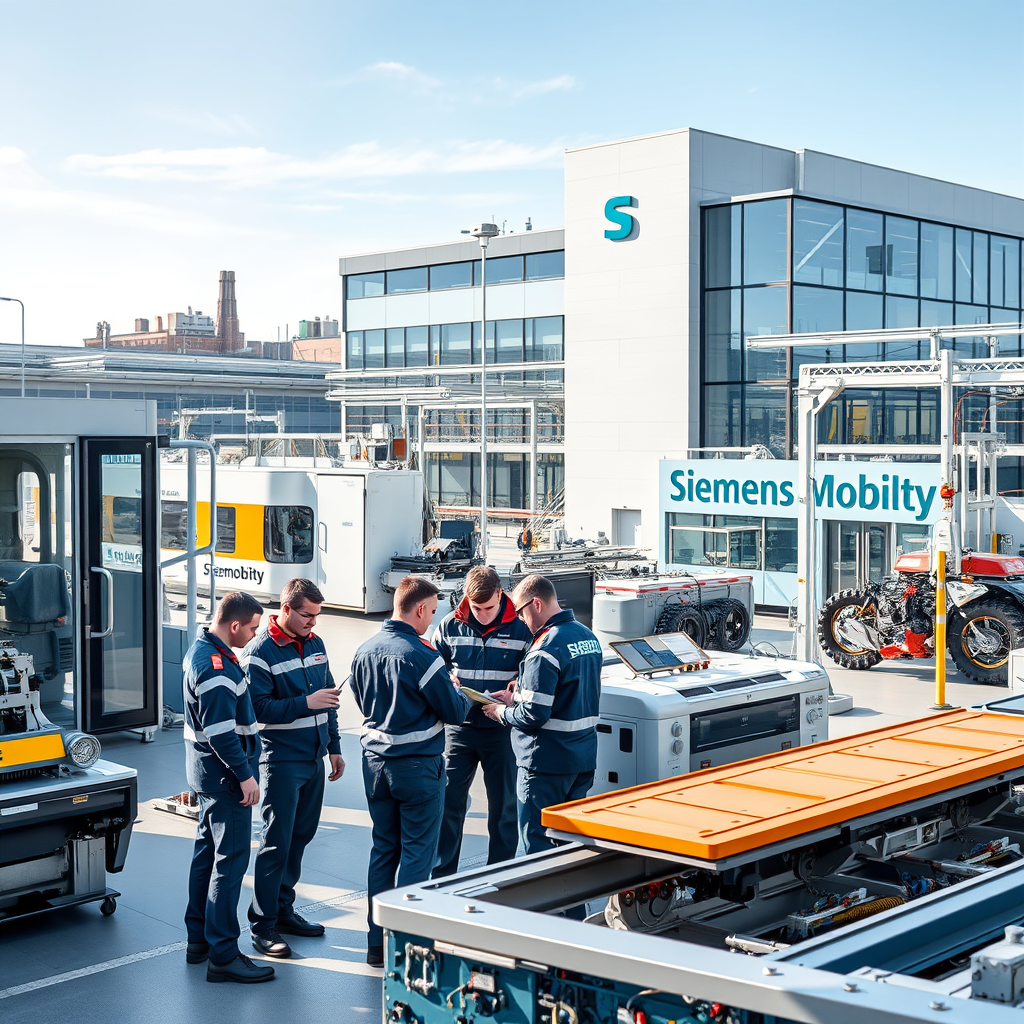UK Rail’s FOAK Competition: Innovation & Sustainability

The UK railway network faces significant challenges in the 21st century, including the need for decarbonization, improved passenger experience, and enhanced infrastructure maintenance. To address these multifaceted issues, the UK government, through the Department for Transport (DfT) and Innovate UK, has launched the First of a Kind (FOAK) competition. This initiative represents a substantial investment in railway innovation, aiming to foster the development and implementation of groundbreaking technologies and approaches that will modernize and improve the nation’s rail system. This article will delve into the FOAK competition, examining its objectives, past successes, and the potential impact on the future of UK rail. We will explore the specific technological advancements being pursued and assess the broader implications for sustainability, efficiency, and passenger satisfaction.
The FOAK Competition: A Catalyst for Railway Innovation
The First of a Kind (FOAK) competition, a joint venture between the DfT and Innovate UK, provides crucial funding for innovative projects designed to transform the UK’s railway network. With nearly £25 million invested across several rounds, FOAK acts as a significant catalyst for technological advancements and entrepreneurial endeavors within the rail sector. The competition’s focus extends beyond mere technological improvement; it emphasizes solutions that enhance sustainability (reducing carbon emissions), improve passenger experience, and streamline operational efficiencies. The program explicitly supports projects that prioritize environmental responsibility, aiming to build a greener and more efficient railway network.
Addressing Key Challenges Through Technological Advancements
The FOAK competition directly targets pressing challenges facing the UK rail industry. Past projects highlight the program’s multi-faceted approach. For instance, the HydroFLEX project, a recipient of FOAK funding, has successfully tested a full-size hydrogen-powered train, showcasing a viable pathway towards decarbonizing rail transport. Similarly, the development of “sound-bending” walls demonstrates a commitment to mitigating noise pollution in urban areas, improving the quality of life for communities near railway lines. The use of inspection drones for infrastructure assessment offers a safer and more efficient approach to maintaining the integrity of the rail network, reducing the need for manual inspections in hazardous environments.
Driving Sustainability and Efficiency
The FOAK competition is deeply committed to environmental sustainability. The exploration of hydrogen-based steam turbines for zero-emission freight transport reflects this commitment. This initiative not only reduces the environmental impact of freight operations but also contributes to a quieter and more environmentally friendly railway system. The competition’s emphasis on greener technologies is not merely a symbolic gesture but a strategic imperative, aligning with the UK’s broader goals of achieving carbon neutrality. This focus on sustainability is not only environmentally responsible but also enhances the long-term economic viability of the rail industry.
Impact and Future Directions
The FOAK competition has already yielded tangible results, with projects like HydroFLEX and Seatfrog demonstrating the program’s effectiveness in translating innovative ideas into practical applications. HydroFLEX’s successful testing of a hydrogen train marks a pivotal moment in the decarbonization of rail transport, potentially paving the way for widespread adoption of this technology. Seatfrog’s Train Swap project, meanwhile, offers a practical improvement to the passenger experience, enhancing convenience and efficiency for users. The competition’s continued success hinges on attracting and supporting innovative ideas, fostering collaboration between industry stakeholders, and providing the resources needed to bring these ideas to fruition.
Conclusions
The UK’s First of a Kind (FOAK) competition represents a significant commitment to transforming the nation’s railway network. Through substantial financial investment and a focused approach to innovation, the program has successfully fostered the development of cutting-edge technologies addressing critical challenges within the rail sector. The competition’s success is evident in the impressive array of projects it has funded, ranging from hydrogen-powered trains and noise-reducing infrastructure to advanced inspection techniques. The focus on sustainability, improved passenger experience, and enhanced operational efficiency demonstrates a strategic vision for the future of UK rail. The competition’s impact extends beyond individual projects; it fosters a culture of innovation and collaboration within the rail industry, attracting talent and investment to this crucial sector. The continued success of FOAK will be critical in ensuring the UK’s rail system remains a leader in sustainability, efficiency, and passenger satisfaction, positioning the nation at the forefront of global rail innovation.
The ongoing funding rounds and the emphasis on attracting fresh ideas ensure the competition’s long-term relevance and impact. By continuing to support groundbreaking initiatives, FOAK will not only modernize the UK’s railway infrastructure but will also contribute significantly to the nation’s environmental goals. The competition’s success demonstrates the importance of government investment in research and development as a catalyst for technological progress and economic growth. Moreover, the competition’s focus on collaboration between industry and academia highlights the importance of building a strong ecosystem for innovation.
In conclusion, the FOAK competition represents a vital investment in the future of UK rail. By fostering innovation and supporting the development of sustainable, efficient, and passenger-friendly technologies, the program is transforming the railway network and contributing to a more prosperous and environmentally conscious future for the nation. The continued success of FOAK is crucial for ensuring that the UK rail system remains at the forefront of global rail technology and a model for other nations seeking to modernize and decarbonize their transportation networks. The future of rail travel in the UK, and indeed globally, is directly linked to the continued success and expansion of initiatives such as the FOAK competition.



